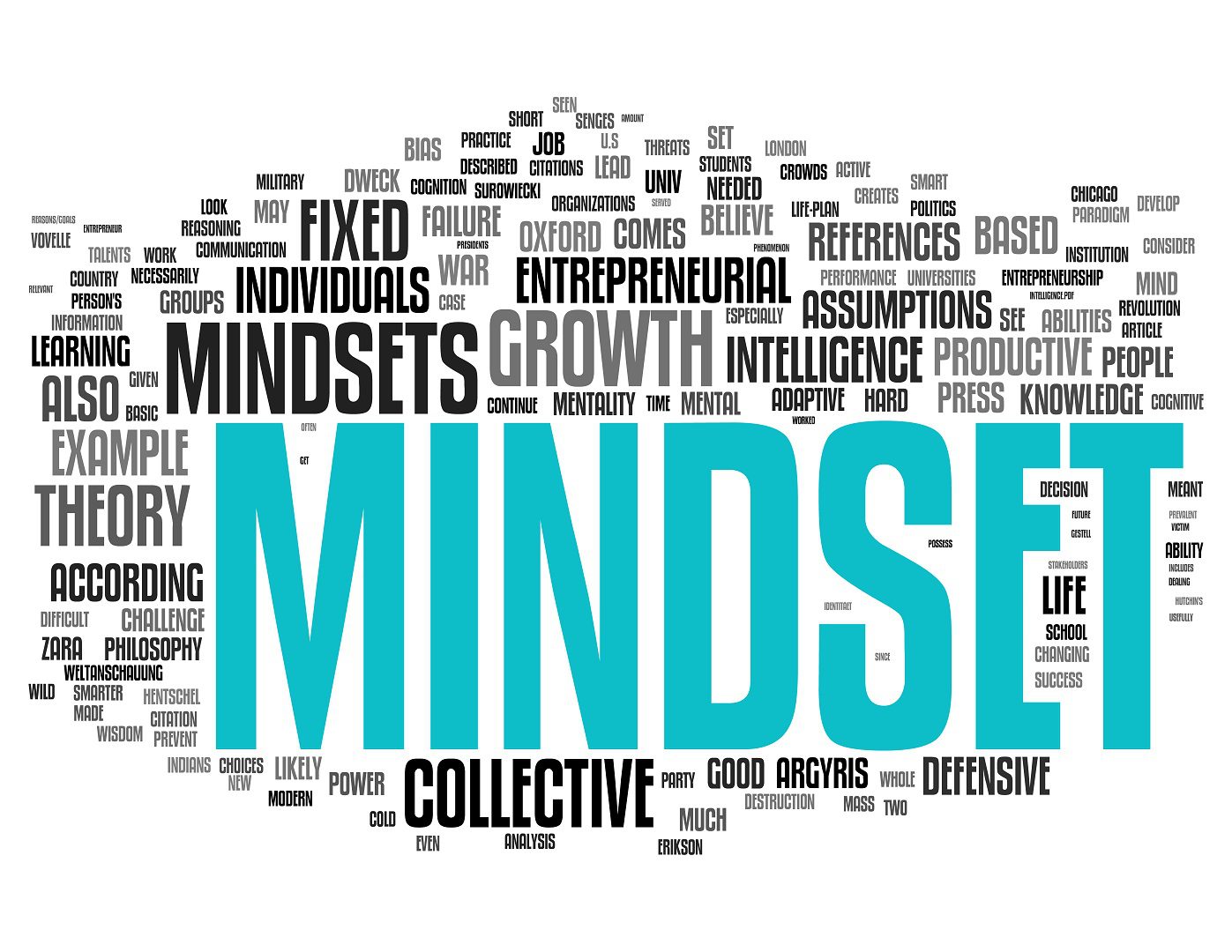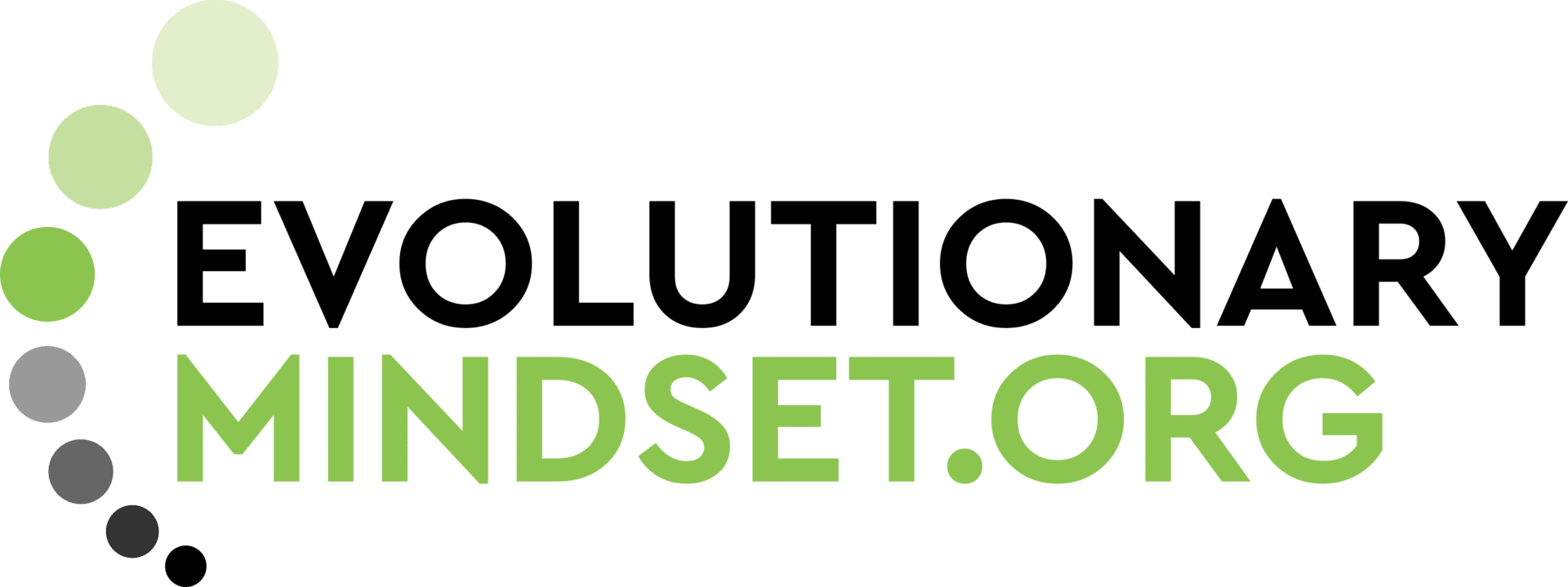
You Can’t Have Growth Mindset If You Have Victim Mindset
I spent some time recently with someone whom I would characterize as having a victim mentality, there is always someone attacking them, the world is always unfair, and they are always getting triggered by any slight suggestion of inequity.
It dawned on me that the “victim mentality” is similar but not the same as having a “fixed mindset”. This individual is very smart academically and always looking to learn something new academically but falls short of personal growth.
Characteristics of someone with a victim mentality:
- Identifying others as the cause of an undesired situation and denying personal responsibility for one’s own life or circumstances.
- Exhibiting heightened attention levels (hypervigilance) when in the presence of others.
- Awareness of negative intentions of other people.
- Believing that other people are generally more fortunate.
- Constantly being guided by negative emotions like anger, fear, and sadness.
- Expecting sympathy for all the bad things that one has gone through.
A victim mindset is like a fixed mindset in that both mindsets can lead to feelings of helplessness and hopelessness. A fixed mindset is the belief that one’s abilities and qualities are fixed and cannot be changed. This can lead to a lack of motivation and a fear of failure.
Similarly, a victim’s mindset is a belief that people are out to get them, any action that isn’t fully in agreement with their view is “attacking them” and nothing can be done to change their mind. This can also be linked to a lack of motivation and a fear of failure.
A victim mindset is often rooted in trauma, distress, and pain. When the person experiences a traumatic situation, typically at the hands of other people, this “victim” may choose to feel perpetually helpless and think that this is the way it is, everyone is going to hurt them, and other people are always seen automatically as out to get them.
Overcoming a victim mentality can be challenging, but it is possible. One way to overcome a victim mentality is to take responsibility for your actions and decisions. This requires a willingness to take risks outside your comfort zone.
In contrast, a growth mindset is a belief that one’s abilities and qualities can be developed through hard work, dedication, and perseverance. This allows individuals to embrace challenges and learn from their mistakes.
A growth mindset is essential for personal development and success. It allows individuals to embrace challenges and learn from their mistakes. In contrast, a victim mindset can lead to feelings of helplessness and hopelessness.
To have a growth mindset, you must be willing to take responsibility for your actions and decisions. You must also be willing to learn from your mistakes and failures. This requires a willingness to take risks outside your comfort zone.
A growth mindset is a basic starting condition for success and growth. It lets us know that we’re ready to learn about the world around us.
Further yet, an evolutionary mindset takes us beyond a growth mindset. It means not just saying yes to learning and growing but asking what I can do in the external world.
Saying yes to learning about yourself as a human being. Asking where I am creating problems through my behaviors. Where are my emotional states creating disturbances for other people? Is it possible that I am the problem? How am I not stepping up and taking full responsibility for my behavior?
These are some examples of hard questions people with an evolutionary mindset ask themselves. An evolutionary mindset is what is required for maximum growth and success in our world and entities with this capacity will be more likely to innovate, grow and evolve.
